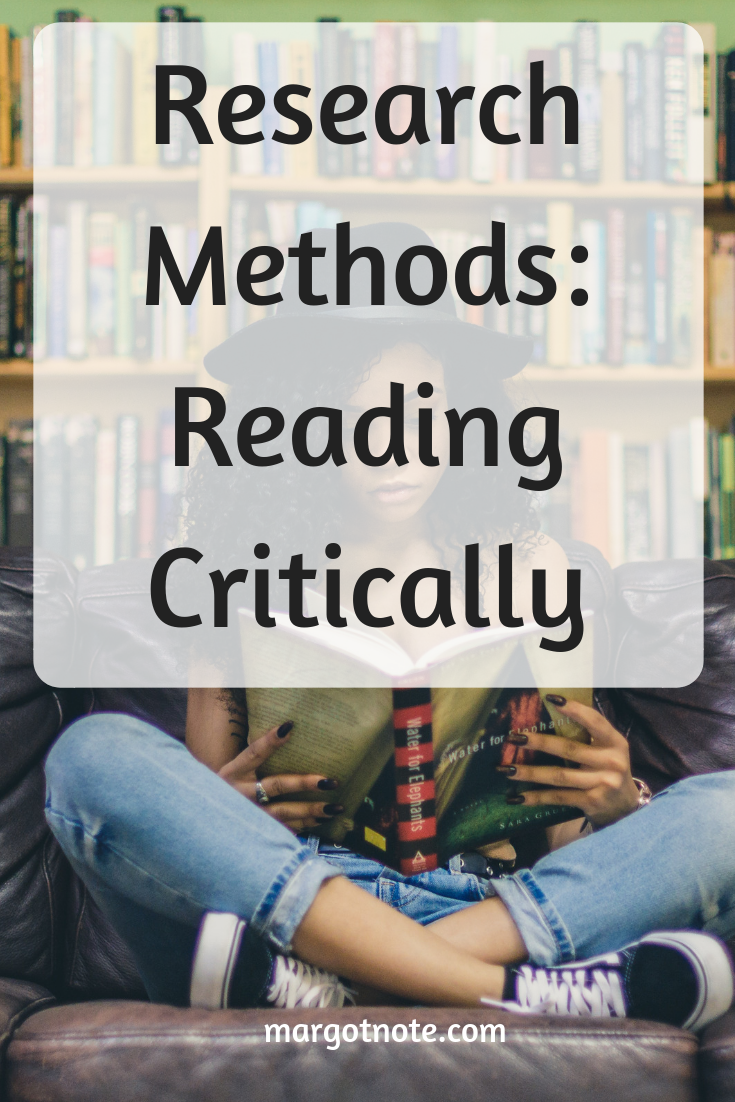When you’ve identified a source that’s of interest and relevance to your research, you should subject it to critical evaluation. As you review it, ask yourself why the work was needed, what its analysis was, and how the authors interpreted the results. Most importantly, what’s your interpretation of the results?
Since research requires reading from multiple sources, be clear about what you’re looking for and where to find it.
Read In Order of Importance
Reading papers straight through from start to finish is a poor use of time and won’t aid your understanding of the work. Some sections of an article are more important than others. Here’s a suggested order for reading sections of a humanities paper, for example:
Start first with the abstract. This paragraph condenses the significant points of the article and lets you decide if you should continue reading the rest of the findings.
Move to the introduction. This section lays out more details. Have the authors described the general and specific background of their results adequately? What is the question that is attempted to be answered in this paper? Is the article now in context?
Jump to the section that discusses the results or findings. For the critical reader, the results section is the most crucial part of the paper as it presents the facts. Do you agree with the authors’ approach? Does anything seem odd or require further exploration?
Move on to the discussion or analysis section. How have the authors interpreted their findings? Do you agree with the arguments they have made?
Examine the methodology section. Given what you already know, do you agree with the methods used?
Next, peruse the literature review. This section tends to be extended. Are their section headers that group related concepts? What questions or comments does this section spark?
Skim the Conclusion. What future research is needed? Has the overarching question of the paper been answered?
Finally, look at the Bibliography or Works Cited. Are their important papers or authors missing from this paper? Have you discovered new papers to evaluate?
Skills You Employ as a Critical Reader
As you review the sections, you employ a range of skills:
Analysis: Is the paper well structured? Does the evidence support the argument? Do the authors make assumptions?
Comparison: How does the article relate to other works in the same field?
Comprehension: What is the main point of the paper? Are the authors clear?
Consolidation: How do the authors come to their conclusions? How do you draw your consultations form the results?
Evaluation: Is the work quality research?
Interpretation: Do the authors’ conclusions follow from the results or do you have a different view?
Of course, some of these answers become easier with experience, but these approaches make a good starting point in the context of critical reading.
How do you read critically?











